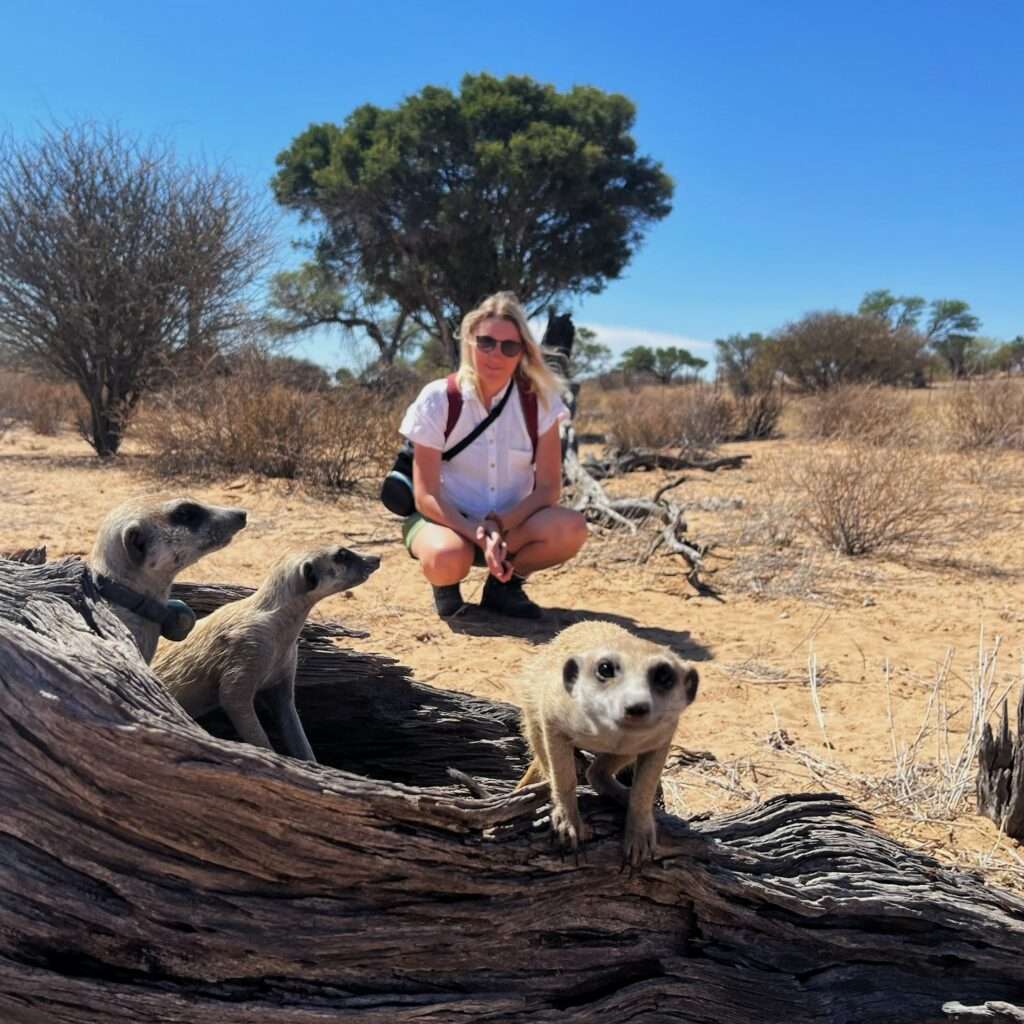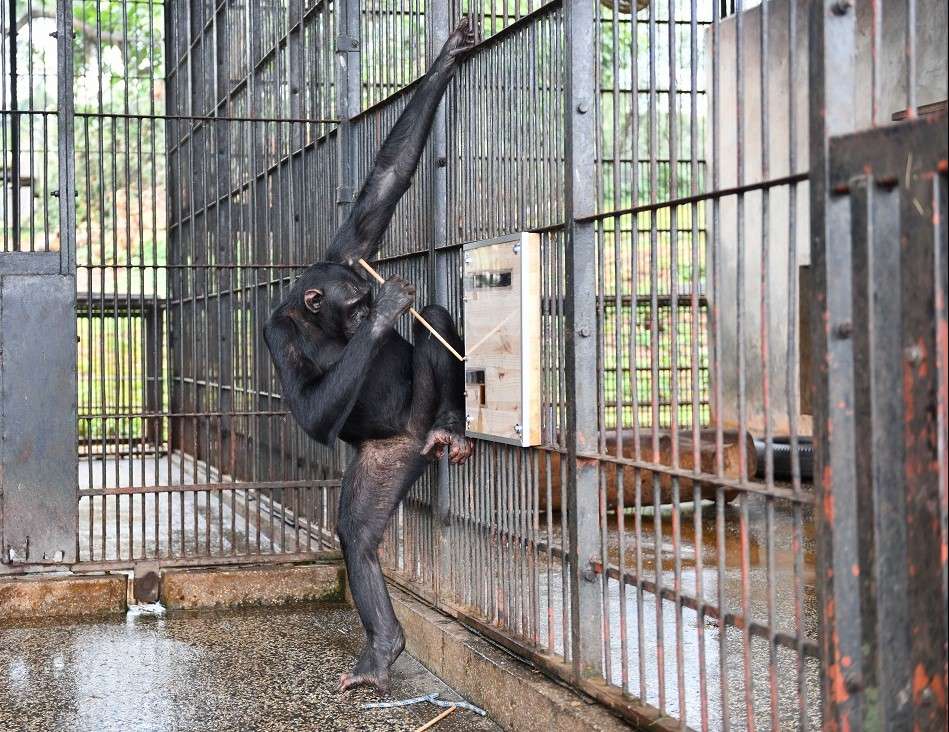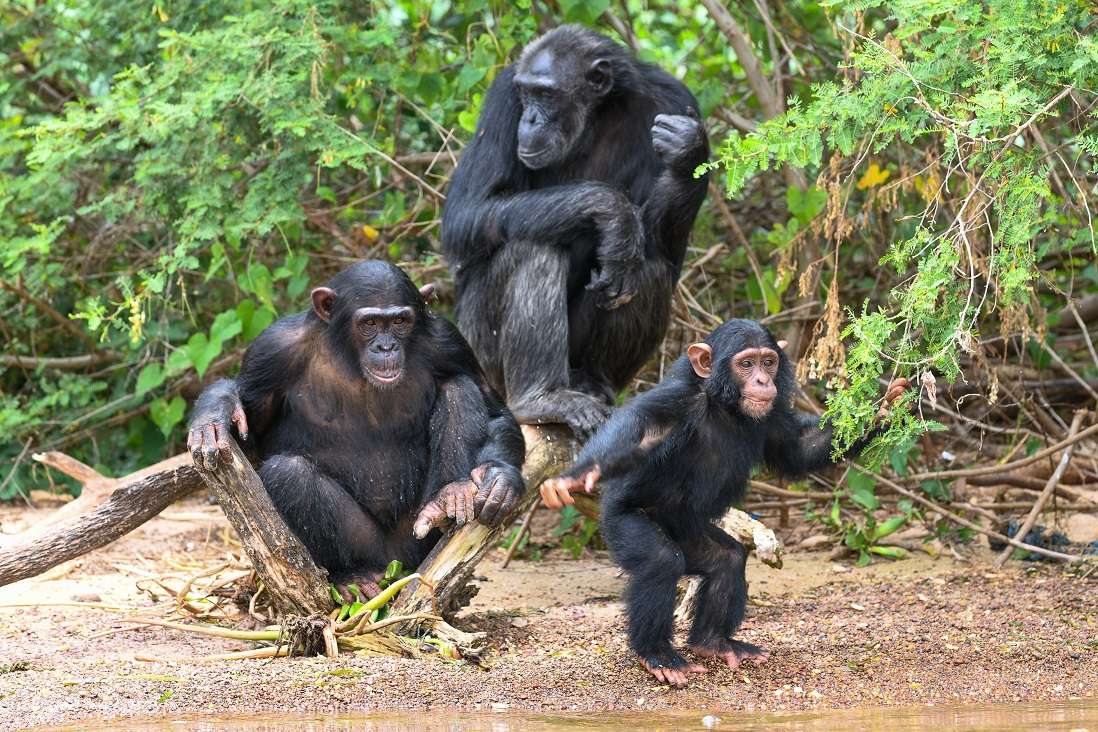




Department of Evolutionary Biology and Environmental Studies
University of Zurich




Funding source: AMBIZIONE, Swiss National Science Foundation, Grant Nr_ PZ00P3_202052
Funding source: KONE Foundation, Finland
Due to the anthropogenic impact on the world’s ecosystems, on a global scale species diversity of non-human animals is declining, yet interestingly, some animals are thriving in human altered environments. One of a few primate species that manage well in urban ecosystems are the vervet monkeys (Chlorocebus pygerythrus). In this project we are interested in the cognitive causes and consequences of an urbanized population of vervet monkeys located at the Simbithi Eco Estate in Kwazulu-Natal south Africa. Working together in close collaboration with the Inkawu Vervet Project, incorporating wild vervet monkeys, we will adapt a comparative approach to study how the different habitats influence this species domain-general cognitive abilities, such as innovation and learning ability. We are especially interested in finding out to what extent the ability to seize new opportunities and successfully adapt to them depend on underlying motivational traits (like neophobia levels, exploration, and curiosity).

Funding source: Forschungskredit, University of Zurich
Human behaviour and intellectual performance are known to be heavily dependent on previous experience and developmental inputs. Whilst this phenomenon is well-established in the humans by psychologists, the relationship between previous experience and current performance is currently overlooked in the field of non-human primate cognition. In this project we are systematically identifying and studying chimpanzees with variable previous experiences in cognitive tasks accumulated from research projects over the course of their lifetime, in order to provide a clear picture of the impact of research experience on an individual level for each participating chimpanzee.
Dedicated webpage: ARI Project

Comments are closed.